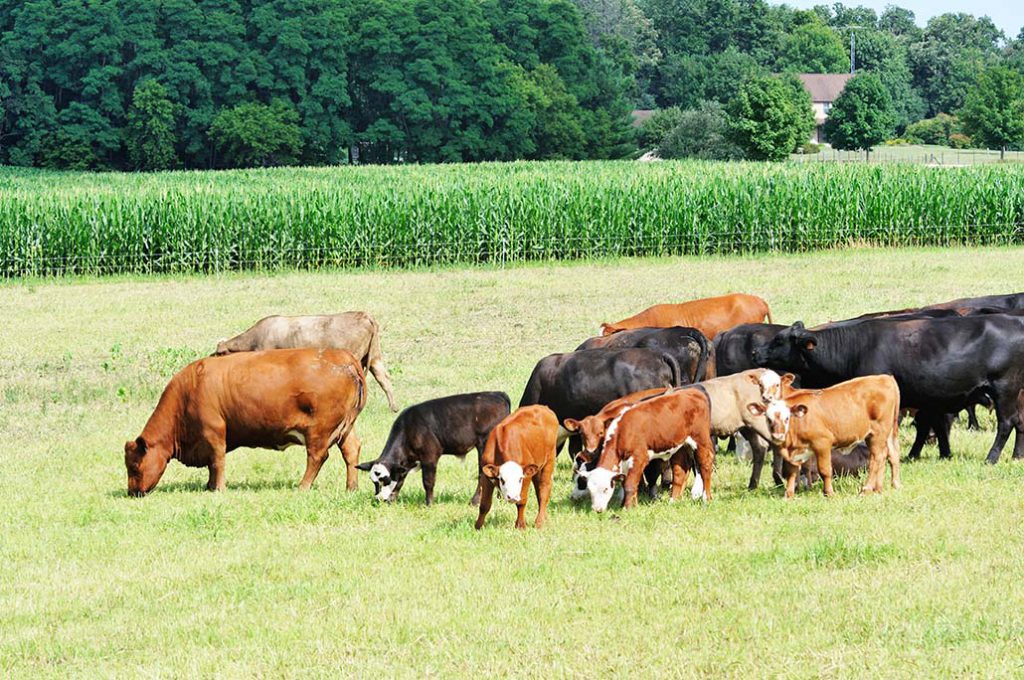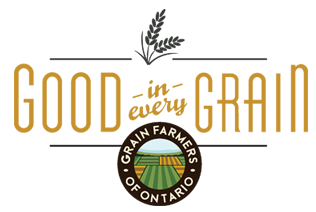Agriculture and climate change

If you’ve been reading the news lately you might have heard a lot of conversations about climate change and what we all can do to reduce our impact. Driving less, unplugging household devices, eliminating single use plastic are all ways we can help reduce our carbon footprints. A lot of sources saying changing our diet can also help.
Is agriculture or the food we eat to blame for climate change? Will changing our eating habits, and ultimately changing Canadian agriculture help the environment?
Agriculture tends to get a bad rap when it comes to climate change, sustainable food systems and protecting our Earth’s resources. But in reality, ALL farmers do their part regardless if they are growing grains, or raising animals for meat.
Special thanks to High Heels and Canola Fields for her great post that started this conversation at Good in Every Grain. To read more on her take on agriculture and climate change, click here.
#YourFarmers work hard to protect the soil, water and air when growing grains. Planting cover crops, using less tillage, applying pesticides and fertilizers only when needed, limiting the amount of “passes” or times they drive on their fields and using modern technology to better understand how agriculture impacts our resources, then using this data to make better management practices with sustainability in mind are all examples of sustainable grain farming.
Only 3.2% of Canadian land is suitable for growing grains- livestock can graze on the land that cannot be used to grow grains, and are a key part to habitat preservation- did you know there are many birds and other wildlife that use hay fields and pasture ground for their habitats? Livestock can also help replenish soil nutrients to be fertile, healthy and productive, and cases have shown proper grazing techniques can bring a soil “back to life”.
Will eliminating certain food groups from our diets reduce emissions? Science says this might save very few emissions, but there is a bigger picture here of a balanced working system that all of agriculture has a part in. Both types of industries are able to work with each other in an ebb and flow way to successfully preserve our resources.
At the end of the day, farmers are working hard to preserve our resources ; regardless if they’re growing grains, or raising livestock. Every agriculture product is needed at the table, especially at the table of climate change.
